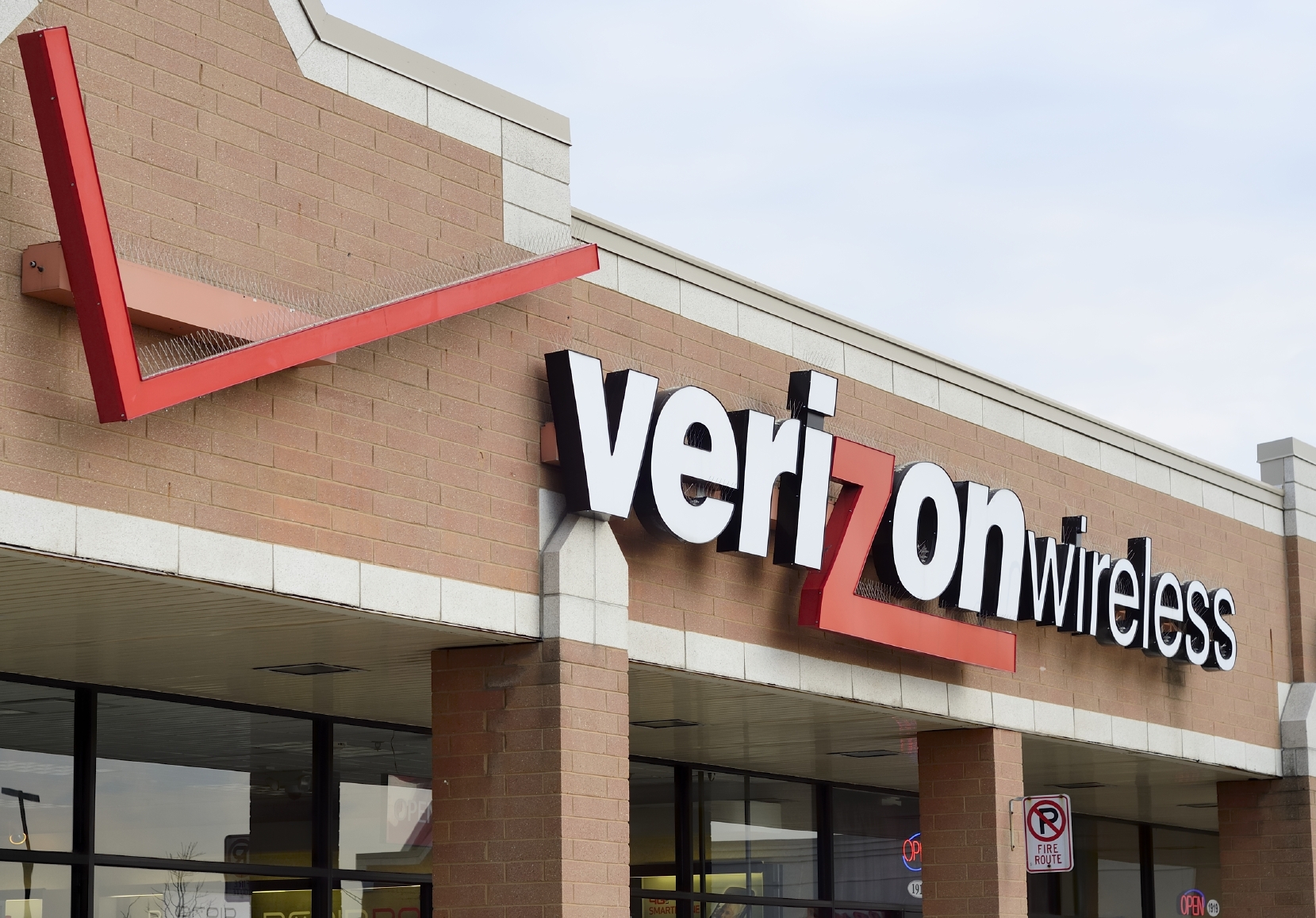Read original story on: Re/code
Verizon, the second biggest telecom company in the States, has acquired mass media conglomerate AOL for a whopping $4.4 billon. Verizon is expecting the deal to be close by the end of summer, which will hopefully help with its “video and OTT strategy”.
AOL currently consists of two main business operations: the digital media properties that includes sites like Huffington Post and TechCrunch, and the ad tech platform that it has been rapidly developing in recent years. Given that AOL is already in talks with German media company Axel Springer to spin off its Huffington Post content unit, it is safe to conclude that AOL’s ad tech platform, especially video ad units, are what Verizon is really after.
With this acquisition, Verizon officially enters the media and ad tech sectors, which would give it a triple-screen opportunity to reach consumers across desktop, mobile, and television, helping the mobile network operator to tap into bountiful potential as the media market shifts towards digital content and targeted advertising.



